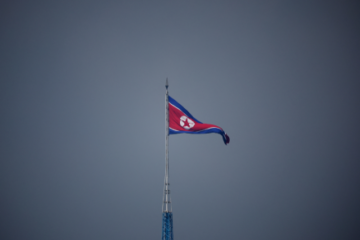Immune aging and how to combat it? Research

Photo Credit: Healthshots
ISLAMABAD, August 19 (online): With age, the human immune system becomes less effective at tackling infections and less responsive to vaccinations. At the same time, the aging immune system is associated with chronic inflammation, which increases the risk of almost all conditions linked to old age.
The good news is that exercising and adopting the right diet may help a person maintain healthy immunity into older age.
Chimpanzees and gorillas, our closest primate relatives, live for only 10–15 years in the wild once they have reached maturity. After the human evolutionary lineage split from theirs, our ancestors’ life expectancydoubled over the next 5 million years.
Scientists believe that it remained relatively stable into the 18th century. In the 250 years between then and now, however, life expectancy more than doubled again due to improvements in sanitation and healthcare.
We live in a time of high average life expectancies. However, our long evolutionary history has adapted us for different lifestyles, and these have changed drastically.
After an initial infection or injury, younger people’s immune systems switch to an anti-inflammatory response. This does not appear to happen as effectively in older adults. This is due to the accumulation of aged, or “senescent,” immune cells.
Senescent cells have shorter telomeres, which are the protective caps at the tips of chromosomes. Just as the plastic caps on the ends of shoelaces prevent them from fraying, telomeres prevent vital genetic material from becoming lost when the chromosome is copied during cell replication.
Telomeres get a little shorter every time a cell divides, until, eventually, division has to stop completely. If the cell survives, it becomes steadily more dysfunctional.
Stay tuned to Baaghi TV for latest news and updates!







